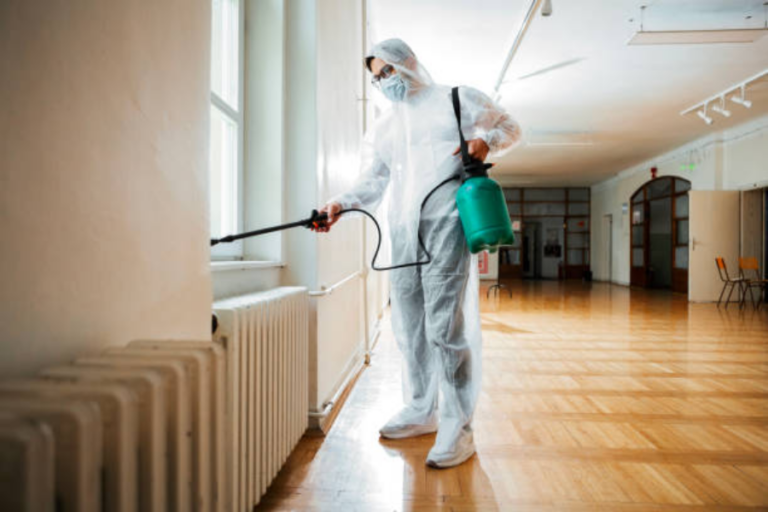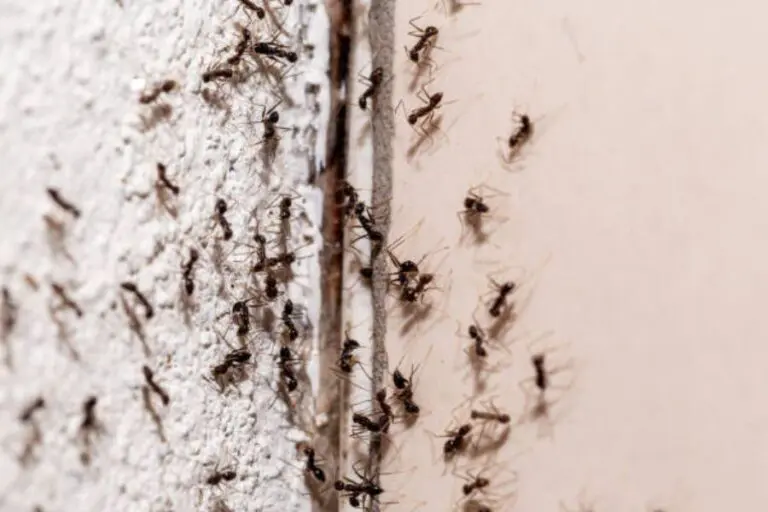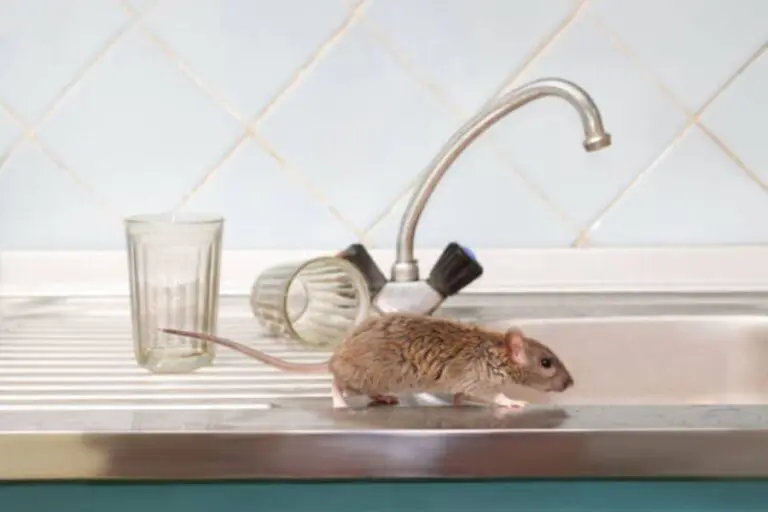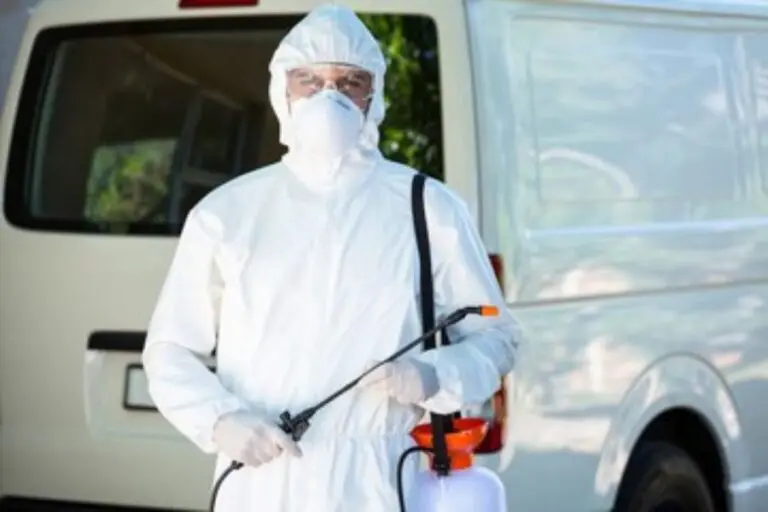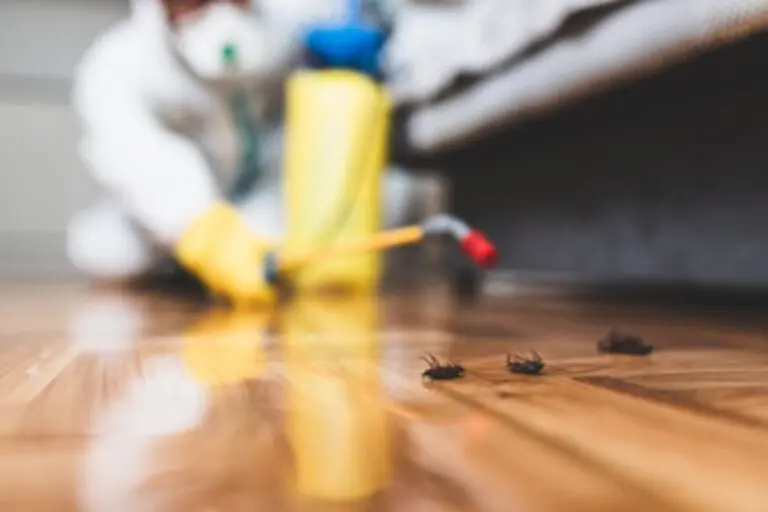DIY Pest Control: Does It Really Work or Is It a Costly Mistake?
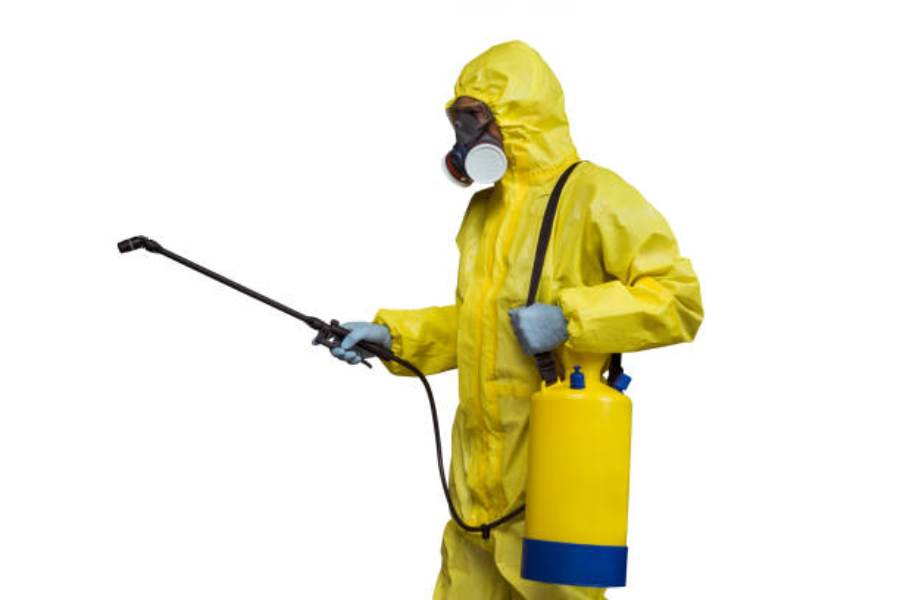
Is DIY Pest Control a Smart Choice? Let’s Find Out.
Pests are the uninvited guests no home or business wants. The moment you spot a cockroach scurrying across the kitchen floor or hear scratching in the walls, your first instinct might be to grab a can of bug spray or set a trap. After all, DIY pest control seems like a quick, cheap solution—right?
Not so fast.
While plenty of store-bought pest control products are available, DIY pest control is often ineffective, short-term, and sometimes even dangerous. Professional pest control services, like Excel Pest Control, use advanced treatments, regulated chemicals, and expert techniques that aren’t available to the average person.
So, before you spend money on another DIY pest control attempt, let’s break down the facts about home pest treatments vs. professional solutions.
1. DIY Pest Control Products vs. Professional-Grade Treatments
Many people assume that store-bought pest control products are just as good as those used by professionals. They aren’t.
- Limited Strength: Over-the-counter sprays, baits, and powders are weaker than what professionals use. Government regulations prevent the public from buying the strongest pesticides and fumigants.
- Short-Term Fixes: DIY products kill some pests but rarely target the root of the problem (nests, breeding sites, or hidden colonies).
- Toxicity Risks: Misusing DIY pest control products can lead to health hazards for children, pets, and even yourself.
Excel Pest Control uses licensed, high-strength treatments that eliminate pests at their source and prevent them from returning. Their products require certification to buy—because they work.
2. The Hidden Costs of DIY Pest Control
DIY pest control might initially seem cheaper, but the reality is different.
Repeated Expenses—Store-bought sprays and baits often need to be repurchased repeatedly. If you keep seeing pests, that means they’re not working.
Property Damage – Pests like termites and rodents can destroy insulation, wiring, and wood structures. Delaying professional treatment can lead to costly repairs.
Health Risks & Medical Bills – Improper use of pesticides can cause skin irritation, breathing problems, or even poisoning in severe cases.
Excel Pest Control gets the job done right the first time, saving you time and money in the long run.
3. Some Pests CANNOT Be Eliminated with DIY Methods
Certain infestations cannot be handled with DIY pest control—no matter how many traps, sprays, or foggers you use.

Rodents (Rats & Mice)
The DIY Reality: Store-bought traps and poisons work on individual rodents but don’t stop the infestation. Rats breed fast, and if you see one, there are likely dozens more nearby.
The Pro Solution: Excel Pest Control seals entry points, removes nesting sites, and uses professional-grade rodenticides that can’t be bought in stores.
Cockroaches
The DIY Reality: Roach sprays kill the ones you see, but cockroaches hide in deep cracks, drains, and behind appliances. Store-bought bait stations only work if roaches take the bait—which they often don’t.
The Pro Solution: Excel Pest Control uses advanced gel baits, dust treatments, and growth regulators to wipe out entire colonies—not just individual bugs.
Bed Bugs
The DIY Reality: You cannot eliminate bed bugs with DIY pest control. Foggers don’t penetrate deep enough, and bed bugs hide in walls, furniture, and electrical outlets.
The Pro Solution: Excel Pest Control uses industrial-grade heat treatments and specialised insecticides—the only methods proven to fully eliminate bed bugs.
Termites
The DIY Reality: Home termite sprays do nothing against a colony eating away at your walls.
The Pro Solution: Excel Pest Control uses professional baiting systems and soil treatments that stop termites at the source.
4. DIY Pest Control Can Be Dangerous
Pest control is not just about spraying chemicals—it requires knowledge, training, and a pest control license to handle many effective treatments.
Fumigation Treatments – You cannot buy professional fumigation products without certification. These treatments are designed for large-scale infestations and must be handled by experts.
Strong Pesticides & Baits – Many pest control solutions require a professional license. Store-bought alternatives are weaker and often ineffective.
Mishandling Chemicals—If misused, the Incorrect use of pesticides can lead to toxic exposure, environmental harm, and legal issues.
Excel Pest Control’s technicians are fully licensed, trained, and insured—ensuring the safest and most effective treatments.
5. Why Professional Pest Control Is Worth It
Pests are not just annoying—they can damage your home, spread disease, and cost you thousands in repairs. While DIY pest control may work temporarily, it’s often a band-aid solution.
✔ Long-Term Protection – Professionals target the source of infestations and prevent future problems.
✔ Safer, Certified Treatments – Only licensed pest control companies can use high-strength pesticides, fumigants, and rodenticides.
✔ Guaranteed Results—If the pests come back, Excel Pest Control will come back, too—until the job is done right.
6. What You Can Do to Prevent Pests
While DIY pest control isn’t the best solution for eliminating an infestation, there are simple steps you can take to prevent pests from entering your home:
Seal Entry Points – Close gaps, cracks, and holes around doors, windows, and pipes.
Keep Food Sealed – Store all food in airtight containers to avoid attracting pests.
Eliminate Moisture – Pests thrive in damp environments, so fix leaks and use dehumidifiers.
Take Out the Trash – Empty bins regularly and use sealed garbage cans.
Call Professionals at the First Sign of Trouble – The sooner you get expert help, the easier (and cheaper) the problem is to solve.
7. Can DIY Pest Control Make an Infestation Worse?
Yes! Incorrect DIY pest control methods can spread infestations. For example:
- Spraying ants without using the correct bait can cause them to split into multiple colonies.
- Disturbing a rodent’s nest can drive them into different areas of your home.
- Using the wrong pesticide for bed bugs can force them to hide deeper in walls and furniture.
- Professional pest control ensures that pests are adequately eliminated without worsening the problem.
8. Are Natural DIY Pest Control Methods Effective?
Many DIY remedies use vinegar, baking soda, or essential oils, but these are rarely effective against full-blown infestations. They might deter some pests for a short time, but they won’t eliminate nests, eggs, or colonies.
Excel Pest Control uses scientifically proven treatments that work—not just temporary solutions.
9. How Long Does It Take for Professional Pest Control to Work?
Unlike DIY pest control, professional treatments work faster and last longer.
- Rodents – Signs of reduction within a few days, complete elimination in 1-2 weeks.
- Cockroaches – Noticeable improvement in 24-48 hours, complete elimination in 1-2 weeks.
- Bed Bugs – After one professional treatment, complete elimination in 1-3 weeks.
- Termites – Professional baiting systems can wipe out a colony in weeks to months.
- Excel Pest Control provides fast, long-term solutions with guaranteed results.
10. When Should You Call a Professional Instead of Trying DIY Pest Control?
If you notice any of the following, call a professional immediately:
✔ Repeated pest sightings (even after DIY treatments)
✔ Property damage (chewed wires, droppings, holes in walls)
✔ Unusual smells or sounds (rotting odours, scratching noises in walls)
✔ Signs of nesting (shredded paper, grease marks, pest eggs)
✔ Health concerns (allergic reactions, bites, respiratory issues)
Excel Pest Control offers free inspections—so you don’t have to guess whether you need professional help.
Don’t Waste Time on DIY Pest Control – Call the Experts!
If pests have invaded your home or business, don’t waste time with ineffective DIY methods. Excel Pest Control provides expert, long-lasting solutions that store-bought products can’t match.
📞 Call Excel Pest Control today for a FREE inspection!
🌍 Visit www.gokill.co.uk to schedule an appointment.
